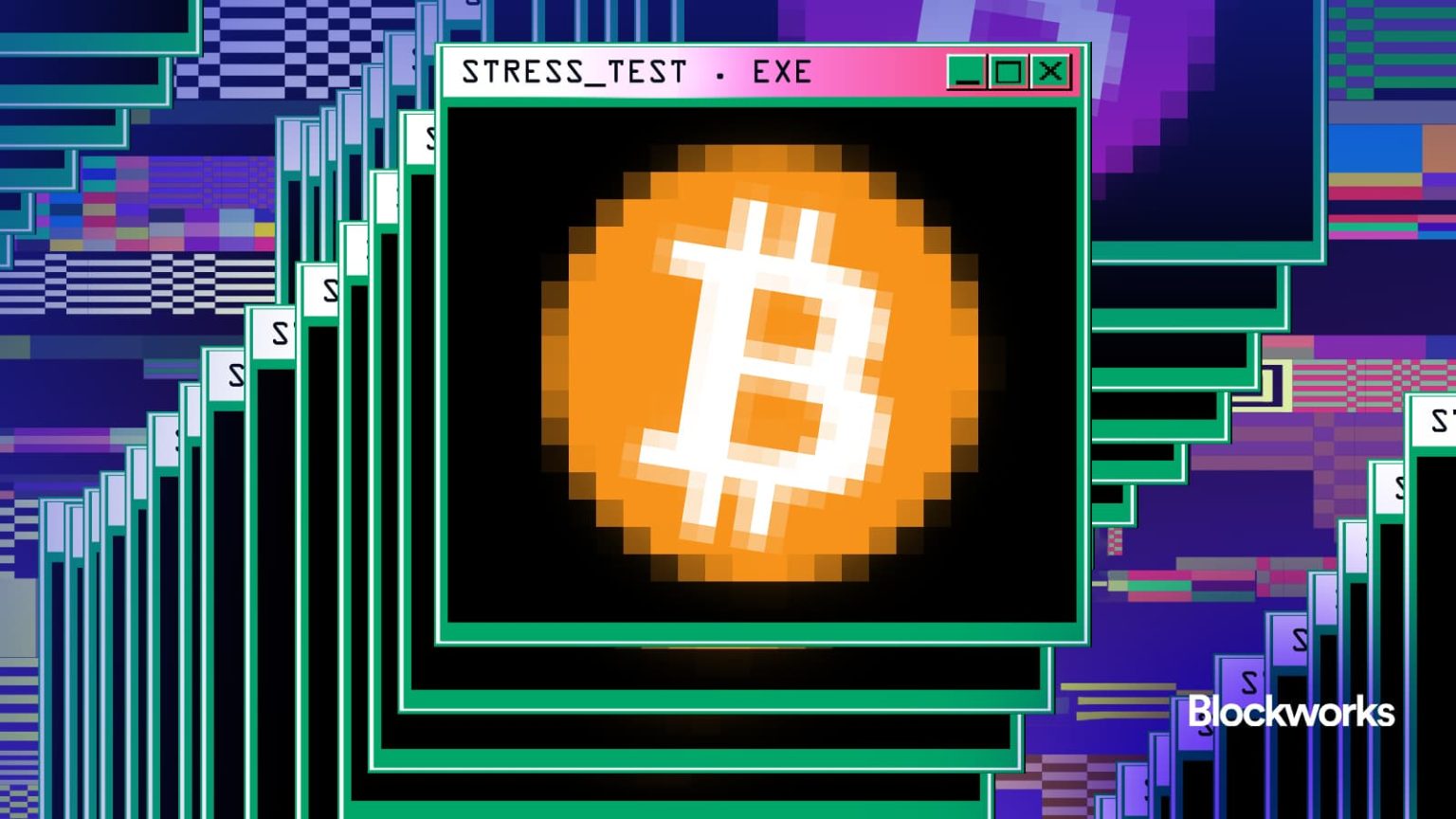The Supply Shock Newsletter
To read full editions, subscribe.
If You Won the Lottery…
The reader is posed an obvious question: how would one spend a windfall? However, investing such fortune in Bitcoin is unlikely to seem like a priority.
In contrast, in 2015 tenacious individuals executed an expensive experiment turning Bitcoin into an unwitting slag heap.
On This Day: 2015
The argument over transaction prioritization (or filtering) in Bitcoin predates this event by over a decade.
Beginning in June 2015, an entity identified as CoinWallet.eu translated this debate into a grinding field-test: the so-called “Ultimate Bitcoin Stress Test”.
The operation systematically filled Bitcoin’s blocks with extremely small (“dust”) transactions; between six and eighty thousand were recorded at one peak period. Filling blocks completely and driving up fees, the goal was to demonstrate the severe throughput bottleneck imposed by the 1-MB limit.
CoinWallet.eu intended to prove that the network’s block capacity was inadequate and hence the limit needed increasing. They argued that ISPs, exchanges, and large payment processors needed resources to prioritize legitimate traffic over spammers.
Source: CoinWallet.eu; Note: Specific source citation unclear.
Despite initial technical hiccups in their first, resource-heavy attempt, the campaign escalated over four phases, costing 25 BTC (~$49,000 at the time) in total.
Later analyses, like BitMEX Research, highlighted the distinct perspectives: small-block maximalists argued increasing block size was necessary to prop up fees by making spam hashing unprofitable, despite the effect such scaling *would* have on fee markets. Larger-block proponents aimed to raise a hurdle for network congestion, even if legitimate transactions were prioritized by nodes.
This campaign had tangible but limited success before dying out, yet achieved its main purpose: reigniting the debate about block size limits that solidified two years later with Bitcoin’s SegWit activation.
Who Knew?
Consider the Purchase Price and Today’s Value.
Those who successfully snatched the free coins spent ~$49,000. Today, the equivalent Bitcoin would be worth over $24 million.
A glittering lottery prize—unleashed by an early, remarkably expensive, and ultimately futile spam campaign.












